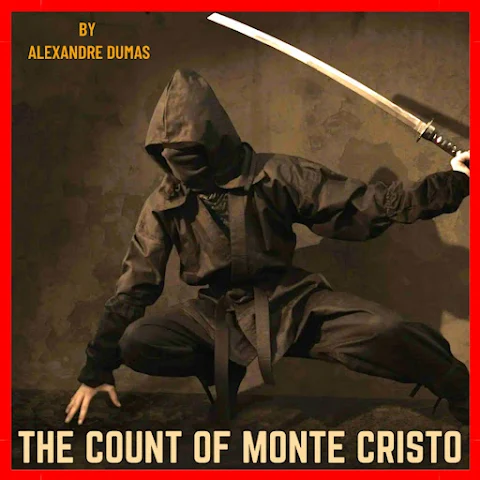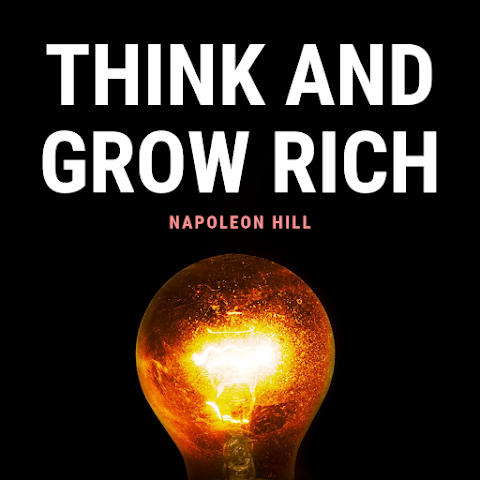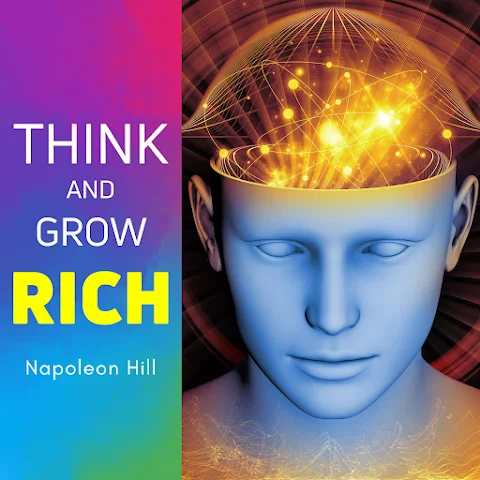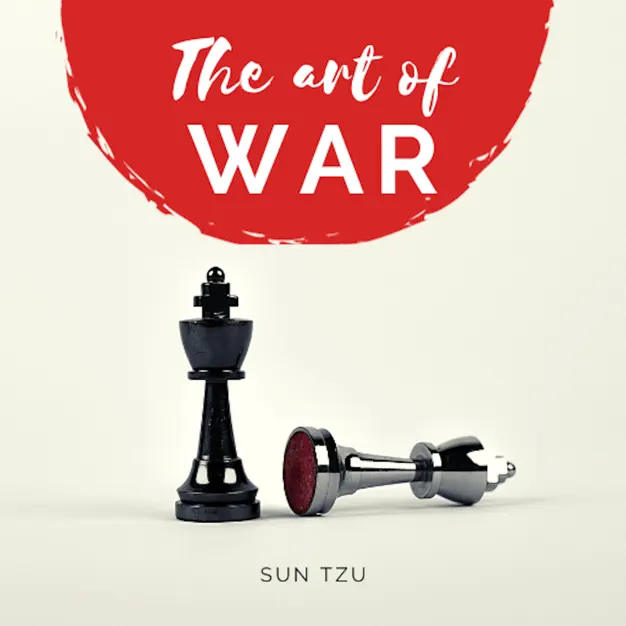Meet the Ultimate Prison Mentor: Abbé Faria!
Picture this: You're stuck in a medieval prison, and your next-door neighbor turns out to be the most amazing teacher you could ever imagine. That's exactly what happened to Edmond Dantès when he met Abbé Faria in the depths of Château d'If! This isn't just any prison friendship story - it's about how one brilliant (and slightly crazy) Italian priest turned a simple sailor into one of literature's most sophisticated revenge masterminds. Let's dive into the fascinating story of the man who transformed our hero from Edmond Dantès into the legendary Count of Monte Cristo!
Think of Abbé Faria as the ultimate prison life coach - part philosopher, part teacher, part treasure hunter, and completely revolutionary in his thinking. He's basically what would happen if you combined a university professor, a life coach, and a conspiracy theorist, then locked them in a medieval fortress. And trust me, his story is even more fascinating than it sounds!
Listen to the Prison Education Scene:
Listen on SpotifyPlot Twist: Abbé Faria Was a Real Person!
Here's something that'll blow your mind: Abbé Faria wasn't just a product of Dumas' imagination! The character was inspired by a real-life genius named José Custódio de Faria (1756-1819), and trust me, this guy's story could fill its own book! Born in Goa (then Portuguese India), he became a Catholic monk who later took Paris by storm as one of the first scientists to study hypnotism. That's right - before Freud was even born, this guy was already exploring the depths of the human mind!
The real Faria was like the Tony Stark of his time - brilliant, controversial, and way ahead of the curve. He was performing public demonstrations of hypnosis in Paris when most people still thought it was magic! Dumas took this fascinating historical figure and transformed him into the perfect mentor for Dantès, keeping the brilliant mind and adding a dash of treasure-hunting expertise. Talk about amazing source material!
Fun Historical Fact!
The real Abbé Faria was so famous for his hypnotism demonstrations that people would actually faint just hearing his name! He was basically the David Blaine of 19th-century Paris, except with actual scientific theories behind his work. Dumas definitely knew how to pick his character inspirations!
Prison Years and the Birth of a Friendship
The relationship between Faria and Dantès begins when they discover each other's presence through their attempts to tunnel out of their cells. This chance encounter leads to one of literature's most transformative mentorship relationships. As Dantès recalls:
"God sends us despair to test our faith... He sends us misfortune to test our strength... He sends us death to test our devotion to life."
Initial Encounters
Their first meeting sets the tone for their relationship. Faria's sharp mind immediately recognizes the potential in the young, uneducated sailor. He offers Dantès not just companionship, but a path to enlightenment through knowledge.
Prison University: How Faria Turned a Sailor into a Scholar
Imagine turning your prison cell into the world's most exclusive private school! That's exactly what Abbé Faria did for Dantès. This wasn't your typical "learn a few card tricks to pass the time" kind of prison education - we're talking about a full-blown renaissance transformation that would make even Harvard jealous. Let's break down this incredible prison curriculum that turned a simple sailor into the most sophisticated revenge artist in literature:
The Ultimate Prison Classroom Setup:
Their "classroom" was literally carved through prison walls, their "textbooks" were conversations and memories, and their "graduation ceremony" involved a daring escape plan. If this isn't the most hardcore educational setup ever, I don't know what is!
Under Faria's guidance, Dantès basically speedran through what would normally take decades of education. Here's what was on the syllabus of the world's most intense prison school:
Languages and Literature
- Classical Latin and Greek
- Modern European languages
- Ancient and modern literature
- Poetry and rhetoric
Sciences and Mathematics
- Physics and chemistry
- Advanced mathematics
- Natural sciences
- Engineering principles
History and Politics
- European history
- Political systems
- Military strategy
- International relations
More Than Just Book Smarts: Faria's Life-Changing Philosophy
Think Faria was just teaching Dantès languages and math? Think again! This guy was dropping wisdom bombs that would make modern life coaches jealous. His philosophical teachings weren't just about understanding the world - they were the foundation for Dantès' entire transformation into the Count. Let's break down some of his most mind-blowing insights:
"There is neither happiness nor misery in the world; there is only the comparison of one state with another, nothing more."
This isn't just some fancy quote - it's basically the 19th-century version of "perspective is everything." Faria was teaching Dantès that his prison experience could either break him or make him stronger. Spoiler alert: it definitely made him stronger!
Life Lessons from Cell #27
- Justice vs. Revenge: The Fine Line
- How to tell the difference between justice and plain old revenge
- Why timing is everything (revenge served cold and all that)
- The importance of strategic thinking over blind rage
- How to plan the perfect payback (ethically, of course!)
- Understanding People 101
- Reading people better than they read themselves
- Spotting hidden motives (super useful for revenge planning)
- Using psychology to your advantage
- The power of patience in human relationships
- The Big Picture Stuff
- How everything connects in mysterious ways
- Why coincidences might not be coincidences
- The role of fate vs. personal choice
- How to see opportunities in disasters
Mind-Blowing Fact:
Everything Faria taught Dantès about human nature and society came from his own experiences and observations - all while being locked up! It's like getting a PhD in Life Sciences from someone who figured out the whole world without even being in it. Now that's what we call big brain energy!
The Treasure of Monte Cristo
Perhaps Faria's most tangible gift to Dantès is the secret of the treasure on Monte Cristo. This revelation provides the means for Dantès' transformation into the Count. However, the true value lies not in the treasure itself, but in how Faria teaches Dantès to use wealth as a tool for achieving his goals.
The Legacy of the Treasure
Faria's detailed knowledge of the treasure's history and location demonstrates his own complex past and connections to powerful figures. The treasure becomes a symbol of:
- The power of knowledge and patience
- The importance of timing and preparation
- The relationship between wealth and influence
- The responsibility that comes with power
The Final Lesson: How Faria's Death Changed Everything
Just when you think this story can't get more intense, Dumas hits us with one of the most heartbreaking yet pivotal moments in the book. Faria's death scene isn't just sad - it's the ultimate plot twist that sets everything in motion. It's like that moment in a superhero origin story where the mentor's sacrifice becomes the hero's driving force, except this hero isn't exactly going for the traditional save-the-world route!
The Last Conversation
Picture this: Faria, knowing he's about to die, drops what might be the most quoted line in the entire book:
"Live, then, and be happy, beloved children of my heart, and never forget that until the day when God shall deign to reveal the future to man, all human wisdom is summed up in these two words, - 'Wait and hope.'"
This isn't just some deathbed philosophy - it's the secret sauce that's going to keep Dantès going through all his future adventures. "Wait and hope" becomes his invisible armor, even when he's busy being the world's most sophisticated revenge artist!
Plot Twist: The Ultimate Escape Plan
Here's where things get wild. Faria's death becomes Dantès' ticket to freedom in the most unexpected way. It's like the ultimate "thinking outside the box" solution - literally! The whole escape plan is both brilliant and horrifying, showing just how far Dantès has come from the innocent sailor he once was.
The Transformation Point:
When Faria dies, it's not just the end of a character - it's the death of the old Edmond Dantès too. Think of it as the final exam of Faria's life lessons: Dantès has to use everything he's learned about courage, resourcefulness, and timing to make his escape work. Talk about pressure!
What Faria's Death Changed Forever
- The Great Escape
- Gave Dantès his one shot at freedom (in the most dramatic way possible)
- Proved that sometimes the craziest plans are the best ones
- Showed how far Dantès would go to be free
- The Final Transformation
- Marked the official end of innocent, trusting Dantès
- Set the stage for the birth of the mysterious Count
- Turned grief into unstoppable determination
- The Ultimate Legacy
- Left Dantès with the treasure map (talk about a parting gift!)
- Gave him the tools to become a master strategist
- Provided the motivation to see his plans through
Symbolic Significance
Abbé Faria represents multiple symbolic elements in the novel:
- Knowledge as a means of liberation
- The power of education to transform
- The role of providence in human affairs
- The father-son relationship Dantès lost
Legacy in Literature
The character of Abbé Faria has become a literary archetype of the wise mentor, influencing countless subsequent works. His character demonstrates:
- The transformative power of education
- The importance of mentorship
- The role of wisdom in personal growth
- The endurance of the human spirit
Conclusion
Abbé Faria's role in The Count of Monte Cristo extends far beyond that of a supporting character. He is the catalyst for Dantès' transformation, the architect of his education, and the source of both his material and intellectual wealth. Through Faria, Dumas explores themes of education, mentorship, and the transformative power of knowledge. His legacy lives on not only in the character of the Count but in the broader themes of redemption and transformation that define the novel.



